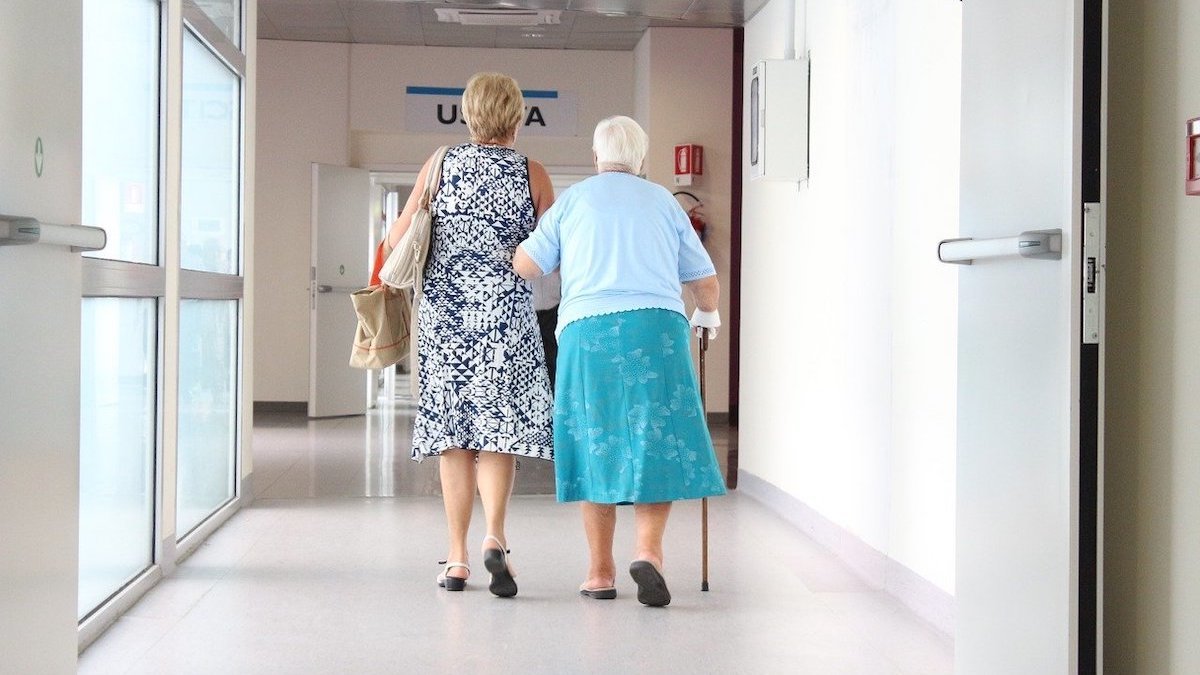
Many of those in care and nursing homes missed important milestones during their youth while serving the country, but are now dealing with social isolation in their sunset years during the COVID-19 pandemic, according to the director of one facility.
Donna Russo, director of nursing at the New Jersey Firemen's Home, said she empathized with those young people missing their graduations and spring breaks, but urged them to take more of an interest in older people in homes, including many veterans.
In a post published by the Campaign for Action, an AARP Foundation-backed project on the future of nursing, Russo urged younger people to visit homes when it is safe to do so, but also detailed the challenges faced during the coronavirus crisis.
"Every milestone is significant at that time in life," Russo said, referring to missed ceremonies and gatherings. "So come visit, and take a moment to reflect within our nursing home of retired firefighters, many of whom missed their milestones while serving their country, on the beaches of Normandy and in Vietnam, responding to 9/11, and more. Now they are suffering once again."
The nursing director has described how the pandemic has impacted residents, families and staff, including their mental health and well being.
All have been been shaken by feelings of social isolation, and grief of the loss of loved ones, Russo said. Mental health is always of significant consideration for nursing home residents, especially during this crisis, and beyond.
"Our firemen have all witnessed atrocities, both while on duty and often within the armed forces. Many are veterans. Some, though never without provocation, tell limited war stories of Vietnam and others of the beaches of Normandy," she said. "Communal dining and entertainment have been put on hold and the use of face masks have disabled our residents’ abilities to observe facial expression."
Russo also said families haven't been permitted to spend time with dying loved ones and nurses have had to give the news of death exclusively over the phone.
"While our men can usually be found sitting outdoors amidst the fresh air and sunshine and trading stories, this camaraderie is no longer occurring. It has all taken an unfortunate toll," she said.
The firemen's home, and likely many others, have tried to adapt to maintain social connections, including through the use of technology, particularly iPads, though some residents are wary of them and there are never enough, Russo said.
"Despite what I observe from my younger generation adult children, technology can never replace the personal touch of a human," Russo said.